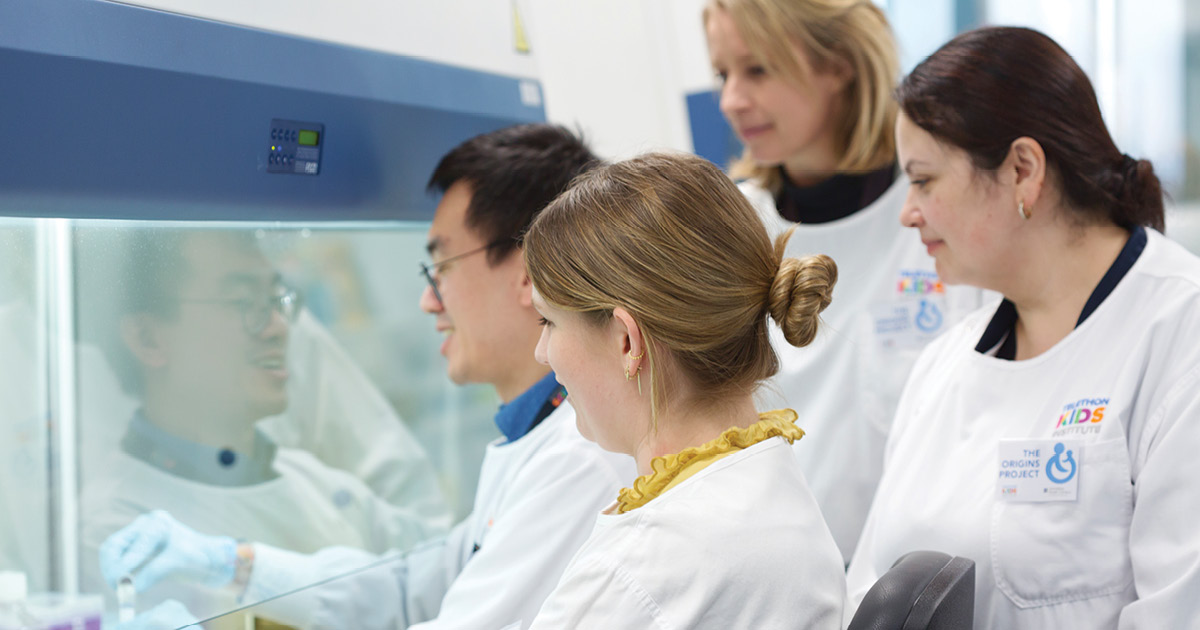What if researchers could shop for different data to help uncover how, when and why chronic conditions such as asthma, obesity, allergies and poor mental health develop?
Data is transforming the landscape of research and innovation, and ORIGINS based at The Kids Research Institute Australia (The Kids) and Joondalup Health Campus is turning this concept into a reality.
ORIGINS is a longitudinal study of more than 20,000 individuals including mothers, partners and children.
Collecting data and biological samples to create one of Australia’s largest data and biobanks, the research platform follows the progress of pregnant women and their families from early childhood and across the lifecourse.
This extensive biobank of more than 400,000 biological samples and the databank platform, with more than 16 million data points, enables world- class research discovery.
The Data Catalogue, launched by ORIGINS in 2023, is a set of data visualisations hosted by Power BI, which provides a snapshot of all the data and bio-samples held in the ORIGINS platform.
The ORIGINS Data Catalogue is made up of five sections, which allow a user to enter the platform and identify exactly what they would like to view. It features tools such as a measurement library, biobank overview, subproject breakdown and advanced search capabilities – permitting researchers to see what data and bio samples they have collected to date across all time points.
ORIGINS Data Manager Sarah Whalan, who led the project, said the catalogue was built in record time, alongside ORIGINS’ external consultancy group, Data Divers, to provide unparalleled access to the data sets to help accelerate outcomes.
“We had a huge influx of researchers who were requesting different points of data, and we were finding the process was very manual and a few silos were beginning to form,” Dr Whalan said.
“The Data Catalogue provides a critical first step in understanding the available data and bio samples, allowing researchers to navigate the data with precision, ensuring that research is backed by reliable information.
This accessibility not only accelerates the pace of discoveries but also enhances collaboration across fields.
Associate Professor Paula Hooper, adjunct research associate at The University of Western Australia, said the system had become a vital tool when establishing new research projects.
“The platform is great when it comes to identifying the depth of data, the different variables and subprojects running, and to compare data across different categories. It really means we can get full visibility as to what is there.”

